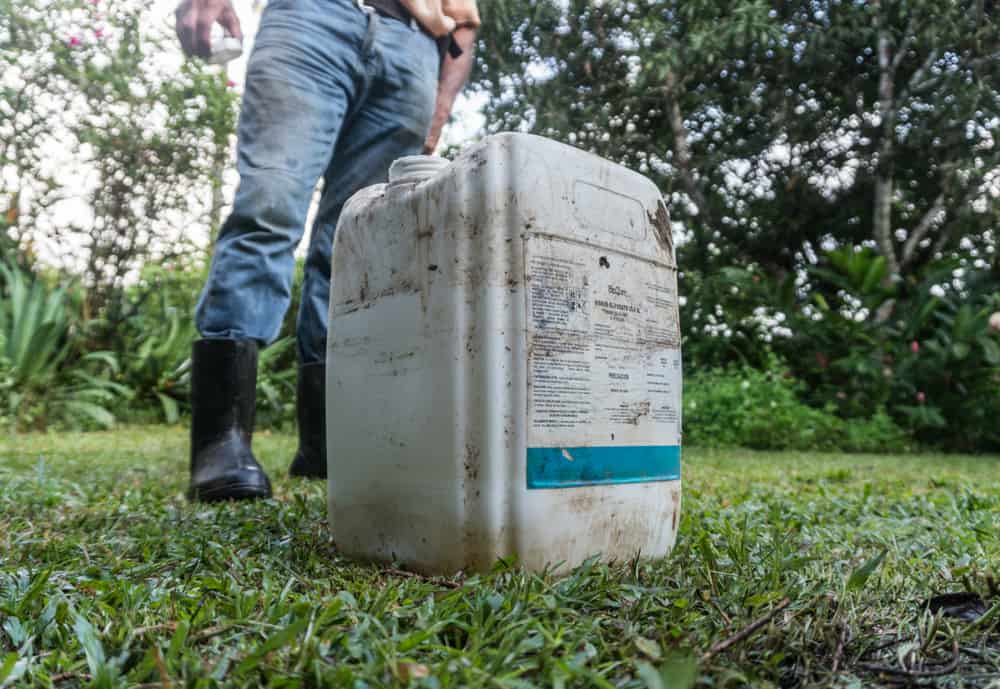Costa Rica is one of the countries that uses the most agrochemicals, which has a series of negative repercussions in various areas. A recent study revealed that the intensive use of agrochemicals in the horticultural region of Zarcero causes physiological stress in earthworms, leading them to flee from contaminated soils.
This demonstrates the vulnerability of these organisms to environmental alterations caused by such substances. The research was carried out by student Gabriel Brenes from the Regional Institute for Studies on Toxic Substances at the National University (Iret-UNA) as part of the requirements for a Master’s Degree in Tropical Ecotoxicology.
Through both field and laboratory studies on earthworm species abundant in the area, the research determined a reduction in enzyme activity and defense mechanisms when the worms were exposed to soils containing agrochemicals or samples taken from them.
After conducting behavioral tests, it was found that 90% of the worms avoided remaining in contaminated environments, moving instead to soils managed with organic practices or with lower agrochemical use.
According to the study, this could have consequences for agricultural activity, as earthworms improve soil fertility, facilitate nutrient cycling and water movement, and contribute to the decomposition of organic matter.
“The intensive use of agrochemicals induces physiological stress in earthworms and causes them to flee contaminated soils. This can have repercussions on the microfauna community and the ecosystem services that sustain agriculture,” explained Brenes.
Evidence of reduced intestinal microbial diversity in soil worms exposed to agrochemicals indicates alterations that negatively affect soil health.
“We found that the intestinal microbiome of earthworms functions as a sensitive bioindicator of soil health. A reduction in its diversity can affect not only the organisms themselves but also the ecological services they provide, such as fertility and nutrient recycling,” said the researcher.
It also detected seasonal changes in microbial composition between the dry and rainy seasons on organic farms with good practices, demonstrating plasticity and adaptation to environmental conditions.
For example, during the rainy season, there was an increase in the abundance of genera such as Lactobacillus and Acinetobacter, which were not dominant in the dry season. In contrast, worms from conventional soils showed no seasonal change in their intestinal communities, indicating a loss of ecological flexibility.
The research showed that contamination is not limited to plots where agrochemicals are applied. Residues reach organic farms and nearby forest areas, confirming processes of drift and environmental transport. In Zarcero, a small area with intensive horticultural production, the presence of agrochemicals in untreated soils demonstrates that environmental exposure is widespread.
The excessive use of agrochemicals in our country is aggravated by the fact that 93% of them are classified as highly hazardous.






